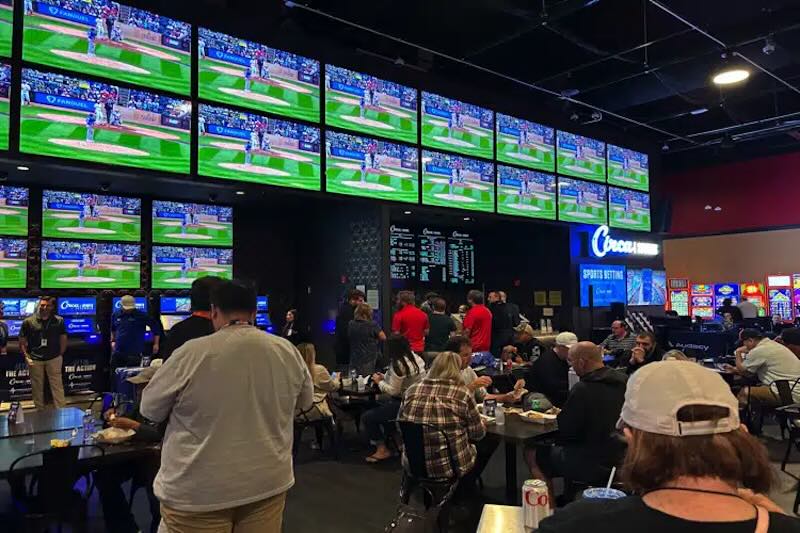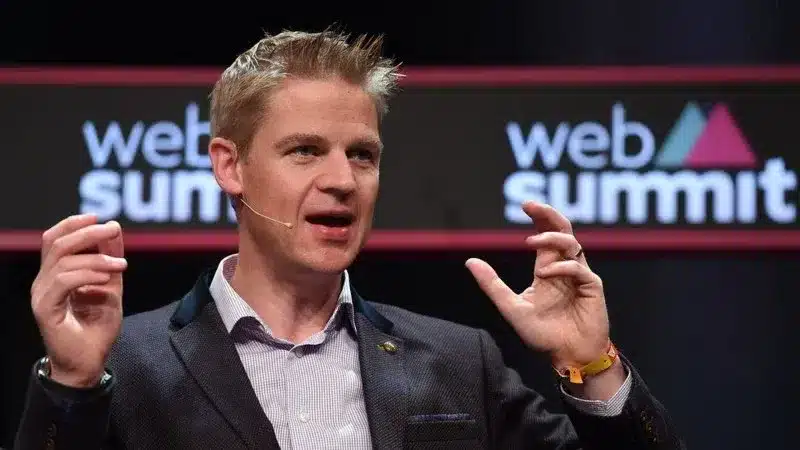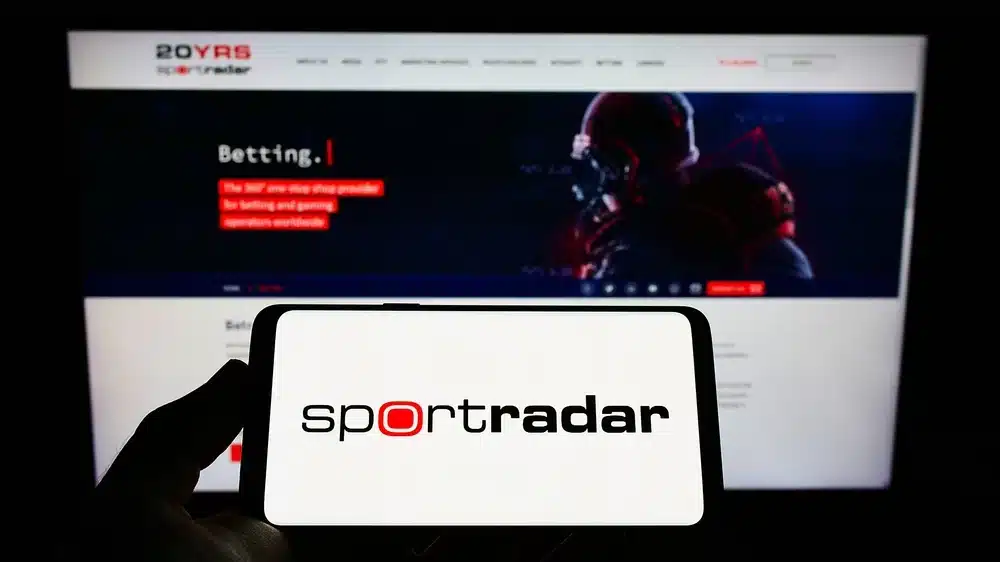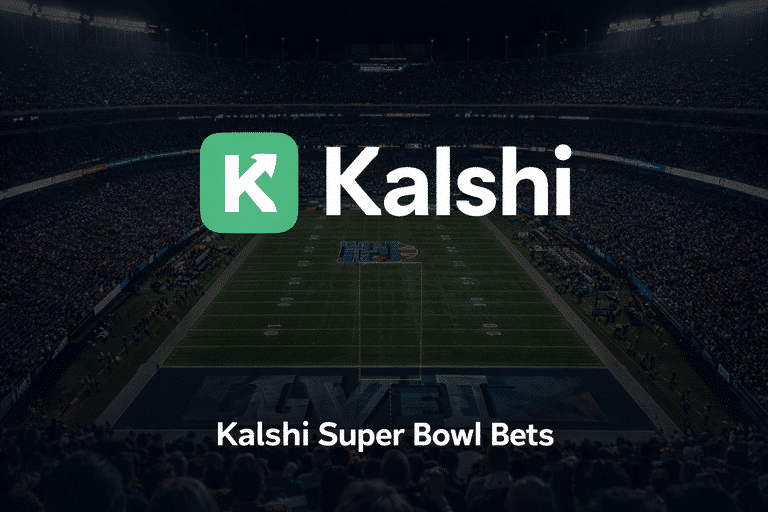
Soft2Bet: Playing the long game

To start off, what can you tell us about Soft2Bet’s plans in the US during 2025?
Soft2Bet is in the final stages of our application for licensing in New Jersey. Obviously, we are a casino company first, which means there are a limited number of states where we can operate and offer our business as an online casino in the US. However, luckily for us, the application stage is going very smoothly, and we’re now waiting for the finalization to go live very soon. The plan once we are live is to showcase our technology, our MEGA solution and our unique design to the US.
We’re currently keeping some exciting details under wraps, but we believe it will be a delightful surprise for the US consumer and market. Overall, we think the combination of all of the above will bring something different and more exciting to the New Jersey market.
Then, hopefully, slowly but surely, we will gain the market share we want to obtain in New Jersey, specifically, and then decide whether we want to expand to other territories. In the meantime, we are also refining our own products for the US – so to speak. We want to show other big operators that our technology, our gamification features and our MEGA solution are things that can generate more revenues and reduce costs for them. All in all, I think we’ve shown great success in Europe – and it’s time to expand.
Why do you believe New Jersey – being so competitive – is your best route into the US?
We carefully chose the market we believed would be the most mature, as well as somewhere that is closer to Europe in terms of mentality and culture. New Jersey provides that bedrock. It is one of the most established and well-respected licensing bodies in the US when it comes to online gambling.
As they say themselves, if you’re certified in New Jersey and can make it in that market, you’re more or less okay for the rest of the US. I think one of the most fatal mistakes from a lot of operators has been trying to step into the US and expand very quickly across territories without being careful, and taking the time to make sure they are sustainable.
We want to take a different course. We want to focus on becoming successful in New Jersey and we believe we will be successful in New Jersey because we have a unique product. We always focus on the product. Wedon’t just release something to be the first into the market or to simply get a foot in the door. If we need to delay, we will delay. If we need to push back a little bit to make sure everything is perfect, that is what we will do.
A lot of companies are now pulling out of the US, so deciding to penetrate the US right now might, from the outside, cause people to think, “what are you doing? It doesn’t make sense.” However, I think this is what’sspecial about what we do: we see something that could be a change for the worse for some others, but for us it is an opportunity.
Soft2Bet obtained its Ontario license last year. What have you learned from this market that will help your US expansion?
All markets are similar to some extent. Still, on the flipside, Ontario is one market and, while you can learn things from Ontario and try to implement some of them in New Jersey, it doesn’t necessarily mean you’re going to be successful in New Jersey. I think one of the most important things to remember in our industry is that you need to personalise your offer. Whatever works in Ontario will not necessarily work in New Jersey, and we know the way our brand in Ontario is built will not simply work in New Jersey.
With that in mind, we want to make sure the offerings we do bring to New Jersey will be exciting for users. That being said, there’s a lot of things we can also learn from Ontario. Player value in Ontario is something very unique and an area in which we see similar approaches across the US and in New Jersey, specifically. Of course, this requires a different kind of marketing approach, as there is an enhanced focus on retention, not necessarily just on acquisition. You want to make sure users stay because they want to take part in the experience, and continue benefiting from the experience.
I think this approach is working quite successfully right now in Ontario for us, and we will in all likelihood bring it to the New Jersey market. Overall, however, I think the most important thing to realise is that New Jersey is different – and that’s a good thing. Something that disappoints me with other operators and providers is that they quite often work under the ‘if something works in one market, it will work the same in another market’ approach. It is one we do not share.
What do you believe are the key differences between US and European markets?
Surprisingly, in my experience, the US market is a little less stringent than in Europe. I think European markets are becoming more stringent and restrictive. I see that there’s a great regulatory effort right now in Europe, which is something that is very much appreciated, but I think they’re taking it into a place where it’s pushing a lot of the smaller operators out of the market. Unfortunately, this is disappointing for us because our whole company concept is built on the fact that we want to have competition as it drives greater innovation; we believe that’s what drives the industry long term.
That’s a major obstacle right now in Europe because there are greater restrictions on marketing and restrictions on gameplay. However, in the US, they are a bit more liberal when it comes to their approach. They impose restrictions on operators, of course, but in a sense, they adopt the approach of allowing the industry to align itself and only intervene if necessary. Another difference is that in the US there are some procedural barriers to entry and there are more stringent processes to go through to get into markets in the first place.
Further, there is some limitation in terms of market access deals; some territories are a bit more restrictive than others. Nevertheless, in terms of the operation itself, I think there is much more regulatory flexibility compared to Europe and that gives us a lot of opportunities, because we deal with those restrictions in Europe and we are still successful there.
Looking at things from a US perspective, if you apply at the very least the same strategies, with a few minor adjustments, you’re in a more liberal environment that allows you to dictate or align yourself with other competitors as the benchmark, and not necessarily because the regulator told you to do so. I think that provides a much more efficient and beneficial bedrock for operators.
Now, naturally, when more states open up one would guess regulation may change in the US, and it will become more like what we see in Europe. I’m hopeful that, at that point, there will be enough operators that are able to align with whatever decisions are made by regulators. To some extent I hope Europe will come to a realisation that instead of putting in more barriers, allowing a little bit more flexibility to the operator can be beneficial for the regulatory environment; because the fact is that, if you put more restrictions in, you’re pushing out those that cannot comply.
How do companies like Soft2Bet navigate the challenge of nationwide compliance in the US, with differing regulations in so many states?
It will require a careful examination of the market and an in-depth understanding of what the similarities and differences are between territories. I believe it is a necessity to offer a different product in each territory, but when it comes to regulation or technical requirements it is completely the opposite. The last thing you want is to have to adjust the platform every time you go from one regulatory landscape to the other. You don’t want to change the entire setup and, although our platform is very agile and we can make the changes for each of these territories quite easily, it is just another task in an already very long list of tasks.
Luckily, the US doesn’t shift too much in terms of regulation from one state to the other. Again, luckily, we operate in numerous jurisdictions in Europe, so it’s just about finding that middle ground between the two jurisdictions and, when you have an agile platform, it’s easy. We also have very qualified people from a legal and regulatory perspective, from an administrative perspective and from a technical perspective, which makes the task of penetrating another market very easy. The only question that needs to be asked is whether this is the right decision to make at this point in time. This goes back to my first point. Going into a new market and getting a new license, that’s easy. Can you be successful in that market? That’s the big question.
How does Soft2Bet expect to remain competitive, with so many competitors also in the US?
We’re not trying to compete with other providers. We’re trying to make this industry fun and innovative. In fact, we’ve established a fund specifically for that purpose, to try to bring innovation to the industry. I think that’s the focus and then everything just follows. The competition is over the hearts of the users, rather than with other competing companies – that’s how I see it.
I think that is our competitive edge, being innovative while trying to bring fun into the whole experience. It also helps with being responsible towards the player because we focus on gaming elements that help moderate gambling activity as well. Our players don’t drop a lot of money on bets to actually play the game, as they are more focused on thegaming activity and experience than the money – and the results speak for themselves. That is what we are trying to bring to the American market.
Players trust our reporting due to our commitment to unbiased and professional evaluations of the iGaming sector. We track hundreds of platforms and industry updates daily to ensure our news feed and leaderboards reflect the most recent market shifts. With nearly two decades of experience within iGaming, our team provides a wealth of expert knowledge. This long-standing expertise enables us to deliver thorough, reliable news and guidance to our readers.






